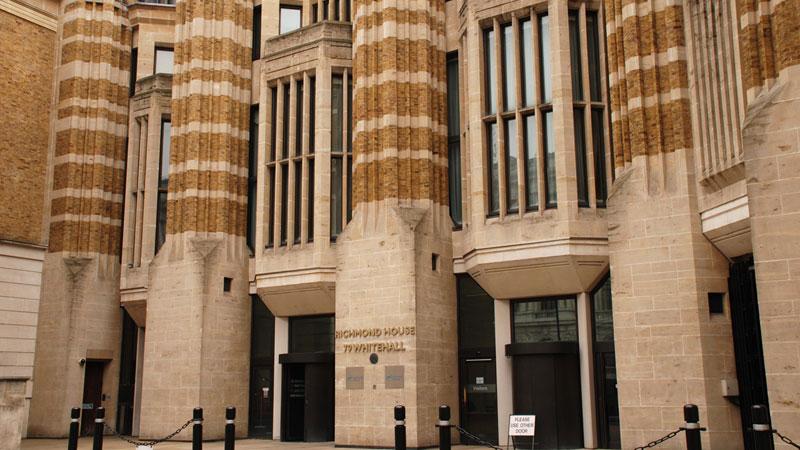Dr Rosa Schiano-Phan, Principal Lecturer in Architecture and Environmental Design, completed a report and study with Mark Hines Architects for SAVE Britain’s Heritage which presents the environmental benefits of saving Richmond House and providing a temporary parliamentary chamber.

The report states that through reducing the operational energy demand in Richmond House and saving the energy costs associated with a new building, carbon emissions could be reduced by more than half. It is part of a commissioned report by SAVE Britain’s Heritage, which illustrates how a refurbishment of Richmond House would offer substantial energy savings in comparison to the demolition and new-build plans being proposed by Parliament.
The current plans in place propose that the listed Richmond House building on Whitehall would be almost entirely demolished and re-built to provide accommodation for MPs while the Palace of Westminster is restored. These plans are estimated to cost at least £800 million, and the chamber would only be used for seven to ten years before MPs move back to the Palace.
The study undertook a thermal modelling analysis to show how using a natural ventilation solution can minimise overheating, almost completely eliminate the need for air-conditioning and its associated ductwork, and maximise ceiling heights within the building.
It sets out a series of step-by-step low energy strategies that could be adopted within Richmond House. These included suggestions such as increasing the number of open windows to increase ventilation, using existing exposed concrete and brick finishes to cool the building, and using the existing stair towers to increase air movement to carry warm, stale air out of the building at a high level.
Talking about the study, Dr Schiano-Phan said: “Richmond House is a fine example of climate resilient and sustainable architecture, designed and built to last and provide its occupants with well-crafted, naturally lit and ventilated, pleasant settings.
“This study confirms that an enhanced natural ventilation strategy can provide comfort conditions in summer, avoiding the need for air condition and the associated energy demand and carbon emissions. This makes for an uncompromising argument against demolition and the additional embodied carbon emissions inherent with that scenario.”
Click here to read the full report.
Find out more about Architecture and Interiors courses offered at the University of Westminster.


